Twice a year, Kaggsy and Simon host themed ‘club’ weeks dedicated to books from a particular year. Joining in has long been on my to-do list, and this week finally I’ve managed it, with the 1970 Club.
84, Charing Cross Road was the address of a London second-hand bookshop, Marks and Company. The book of the same name is a collection of correspondence between the shop and Helene Hanff, a writer who lived in New York. The letters begin prosaically enough in 1949, with a note from Hanff accompanying an order, and a formal reply from the manager, Frank Doel. But, over the years, this blossoms into far more.
Hanff’s voice in her letters is often spiky and forthright, and I can imagine the British bookshop staff finding it disconcerting. For example, here Hanff writes in 1950, wondering where her books are:
you leave me sitting here writing long margin notes in library books that don’t belong to me, some day they’ll find out i did it and take my library card away.
I have made arrangements with the Easter bunny to bring you an Egg, he will get over there and find you have died of Inertia.
As that second sentence suggests, though, Hanff was also often generous, sending the shop parcels of food and other supplies at a time when rationing was still on in Britain. Hanff’s evident warmth gains a response in kind: Frank’s letters become less formal, and Helene also hears from other shop staff, and even Frank’s family.
Hanff’s correspondence with Marks and Co. lasts for twenty years, until Frank Doel’s sudden death. Reading the book now feels to me like a glimpse into an older way of selling and relating to books that, for better or worse, has now gone. There was one line of Hanff’s from 1950, though, which struck me as an unexpected echo of the future:
Why should I run all the way down to 17th St. to buy dirty, badly made books when I can buy clean, beautiful ones from you without leaving the typewriter?
I don’t know if Helene Hanff could have imagined how we’d be buying books fifty or more years in the future, but there’s a familiar impulse behind that comment all the same.


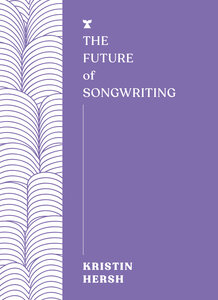
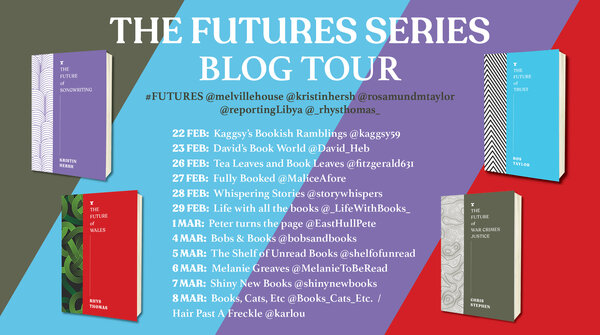
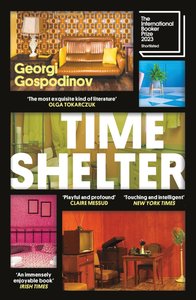
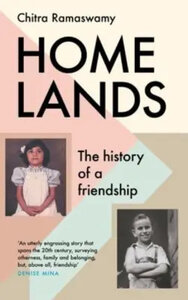
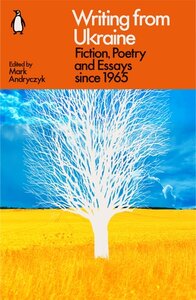
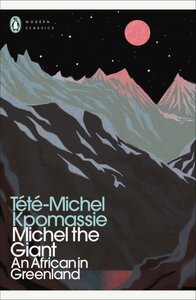
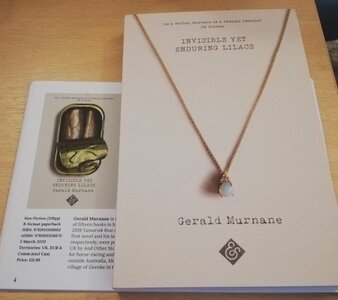
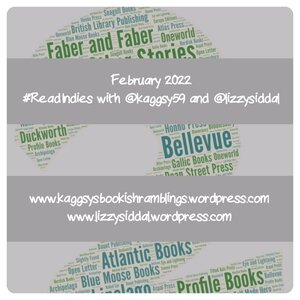


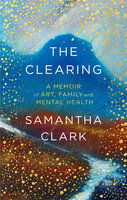
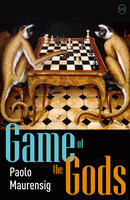
Recent Comments